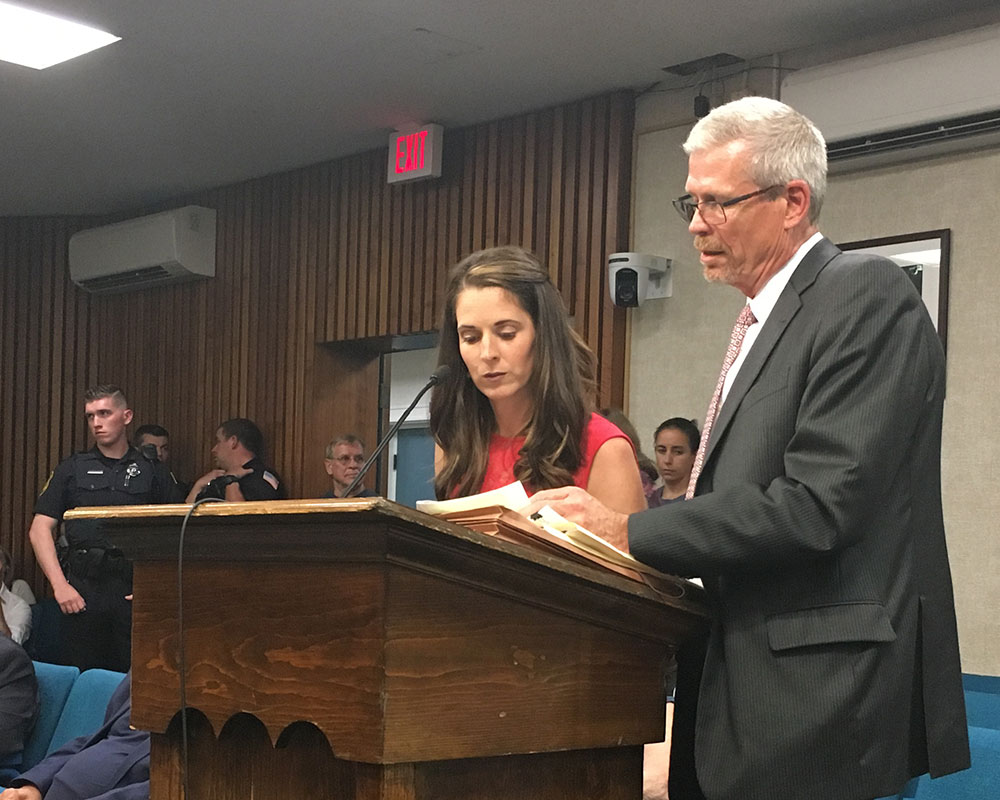The City of Haverhill and Stem, a downtown marijuana retailer, exchanged new legal claims yesterday in Essex County Superior Court with the city asking that most claims against it be dismissed and Stem asking for “emergency relief.”
In its filing, Haverhill argues Stem, 124 Washington St., must pay “community impact” fees, not necessarily because of state law, but because the adult-use marijuana business agreed to do so in a contract; that it is too early to document “impacts” Stem may have caused especially in light of the health pandemic; Stem has not been financially harmed, but rather appears to have earned $13 million since opening; and not enough time has passed to verify and negotiate community impact costs.
Stem, on the other hand, followed up on its earlier lawsuit, asking the court to act before May 26—the date Stem’s fee is due to the city or have the court hold the company’s $400,000 payment. If not, the downtown retailer said, it would suffer “irreparable harm” because the city could charge added interest and penalties if the fee isn’t paid on time. Stem added the city should be prevented from using any of the company’s payment when it is made until it proves there has been an adverse community impact and the financial cost.
In a statement, Stem’s Caroline Pineau said, “The law says the impact fee needs to be reasonably related to a cannabis establishment and that the fee must be documented. This law was on the books long before we signed the HCA (Host Community Agreement) and the law makes clear the city has to document costs, if any, related to the operation of the cannabis establishment. We don’t think it’s unreasonable to request that the city follow the law.” See Stem’s arguments against the city.
The city, however, contends neither its host agreement with Stem nor state law “require that the city document the community impacts” by a certain date or itemize those expenses “up front.”
Under the host agreement, the city told the Court, it may spend money from the Community Impact Fee in “its ‘sole discretion,’ making a good faith effort to allocate those monies to off-set the community impacts of plaintiff’s operation.” Meanwhile, the city said, Stem has received the benefits of the agreement, such as receiving the necessary permits and licenses.
Haverhill further argues a bill, “An Act ensuring transparency in host community agreements,” filed by Rep. Andy X. Vargas, is evidence the current law doesn’t give Stem the right to ask a court to compel the city “to provide documentation in any particular manner or within a specific time frame.”
Haverhill backed up its claim that Stem hasn’t been financially harmed and not eligible for court relief by saying Stem has told Boston-based media it has “set aside approximately $400,000 for its annual Community Impact Fee payment, which at 3% of gross sales would amount to an annual gross revenue of over $13 million dollars.”
The city also argues it is too early for Stem to bring claims about the Community Impact Fee since the business and the city agreed in the contract that both sides would meet every year to “verify that the Annual Payment is reasonably related to the costs,” by 12 months haven’t yet passed since Stem opened on May 28, 2020.
“But this process is, by its very nature, retrospective and not prospective. Plaintiff has jumped the gun, though, in pursuing (court action), and the Court should not aid Plaintiff’s apparent effort to forestall having to make the annual Community Impact Fee payment coming due,” the city told the Court.
Stem, to the contrary, told the court it should be granted emergency relief, known as an injunction, because it is likely to win its case.
For the time being, the city isn’t fighting Stem’s objection to reimbursing the city for legal fees paid to defending its siting of Stem. Instead, the city maintains the reimbursement question is premature. In footnote, the city explains “Given that the City has not taken any additional action to collect this amount (other than to request payment), it is unclear whether the question is sufficiently ripe for consideration by this Court.”
